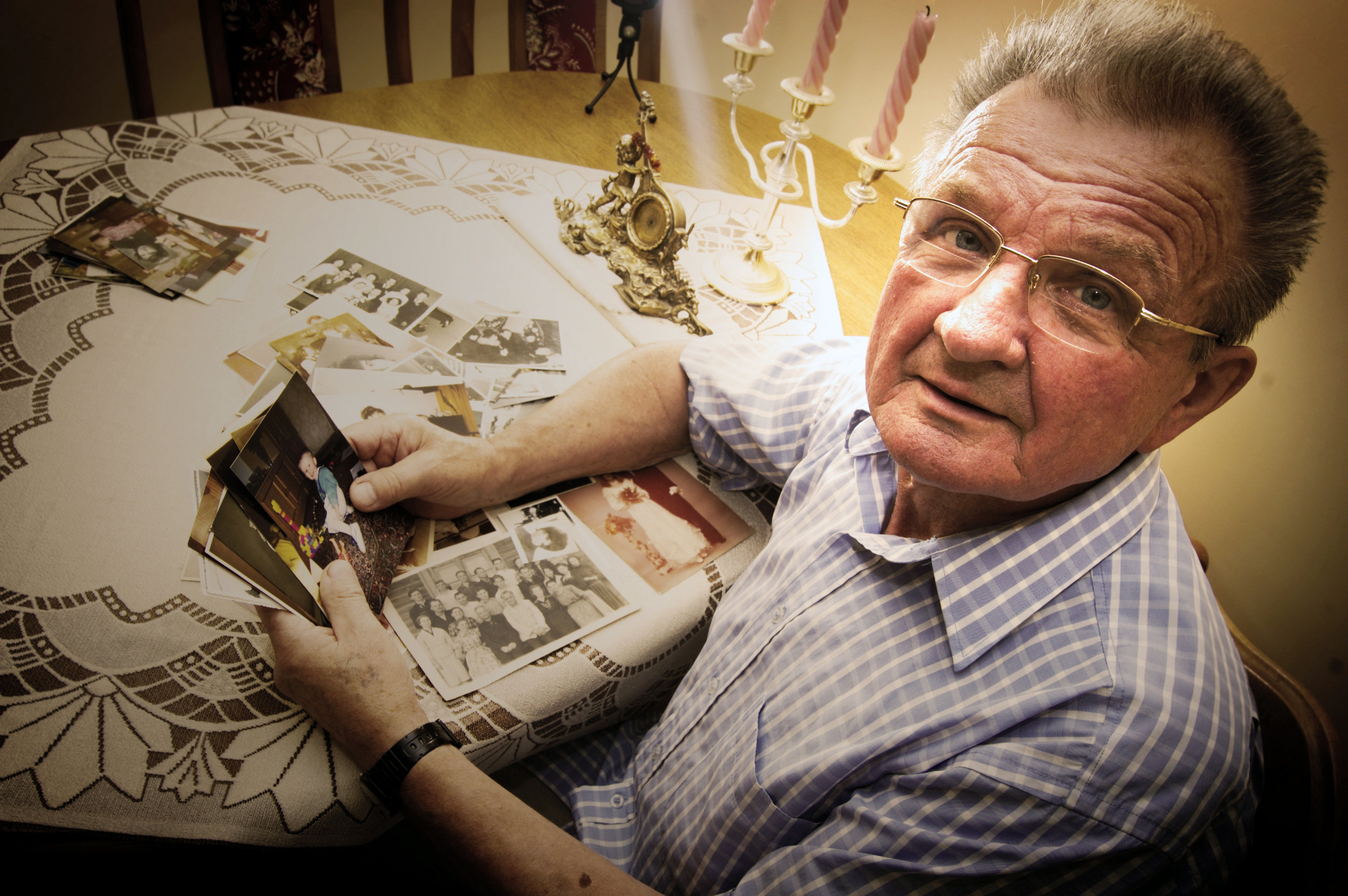“Nobody ever asked me before”
Thoughts on Reminiscence and Life Review
I recently attended the 2018 International Reminiscence and Life Review Conference in Boston, where researchers and practitioners presented an abundance of new information, much of it evidence-based, about the value of life review.
And while the data is certainly thought-provoking, it was the personal (subjective) narratives of those in attendance that I found most inspiring—and reflective of my own experience.
The Limits of Reminiscence Research
I am not a medical or scientific researcher. I was impressed nonetheless with the efforts of researchers to quantify how reminiscence can help individuals with dementia or mild cognitive impairment, for instance, or patients with symptoms of depression.
At a time when one of the world’s largest pharmaceutical companies has halted research into finding new drugs to treat Alzheimer’s disease, more money is currently being spent to research the impact of reminiscence and life review on patients with mild dementia or cognitive impairment than any other non-pharmacological intervention, according to Pam Schweitzer, MBE, founder of the European Reminiscence Network.
Anecdotal evidence of reminiscence’s value mounts and flourishes and is shared at a conference such as this, and the circle of telling and recognition and telling of similar experiences is not only affirming, but exciting. Yet the overarching theme was how to find ways to conduct more effective randomized control trials that yield compelling results.
I will leave the studies and scientific quest for data to the experts (and follow their results with great anticipation!). In the meantime, I am heartened by their stories.
Wisdom, Takeaways & Tips from the Conference
There is power in the asking.
During a presentation chock-full of study names and journal links, what stayed with me days later was a five-word quote: “Nobody ever asked me before.”
In a 2004 paper describing her research into facilitating reminiscence and learning about the life experiences of older African-Americans, Juliette Shellman, Ph.D., APHN-BC, designated this as one of five major themes to emerge. “Nobody ever asked me before.”
In my mind, this quote could be attributed to any one of us—any age, any race, religion, or background. It is a recurring theme in my own work, and one of the reasons I find conducting personal history interviews so rewarding: Because once someone does ask, what comes forth from the subject is, well, everything.
I know the power of being a compassionate, open-hearted, and curious listener—do you? Try asking a loved one to tell you some of their story. What ensues will be as much a gift for them as it will be for you.
What helps spark memories in patients with dementia works as well with…everyone.
“Allow time, listen well, and reflect back what people say to encourage and support them,” Pam Schweitzer said.
“Speak slowly.” Be clear, and listen attentively.
“Use multi-sensory stimulation.” Show old photos, play favorite songs, spark memories through the senses, not just through spoken words.
Yes, these approaches are proven to help guide and support individuals with mild cognitive impairment on their journey of remembering, and we must be especially cognizant of them when conducting interviews with those individuals. Don’t forget, though: These techniques are effective, thankfully, with anyone.
Find tips for engaging in an informal life review interview here.
We all place a premium on our memories.
Most people intentionally create memory aids—scrapbooks or drawers filled with ticket stubs and souvenirs; diaries that chronicle our lives and search for meaning in our experiences. Our devices filled to brimming with family photos (often numbering in the thousands) are perhaps the clearest evidence of documenting our memories.
In today’s technological age, which kinds of memories are we documenting—and how accessible are they? Do these physical reminders (often lost in that long device scroll) extend or alter our autobiographical memory?
These questions were the basis of a lively discussion about how we regard, preserve, and honor our memories as they are catalogued on social media. Apps have proliferated in recent years to help us recollect all that we have posted and shared: The Museum of Me, My Social Book, and After Me among them.
Many of these apps mine personal data from Facebook, Instagram, and other social media platforms to create an (auto)biography. The idea sounds nice, but often the “memories” they present are a superficial, even distorted, representation of the self. Random memories from social media do not equal biography, nor do they, in my opinion, often aid in a search for meaning amidst our memories, for our social media is inherently biased toward positive experiences.
An automated biography is indeed not autobiography in the true sense.
The questions that will continue to interest me are: How do our digital and internal memories interact with one another? Does taking a picture interfere with the quality of an individual memory?
And, as a personal historian, editor, and memory-keeper myself, I will always regard memories as most meaningful when they lead to contemplation. Reminiscence in the truest sense should help us clarify our thinking about the turning points in our life, and enrich the meaning of our life story.
Social media will continue to provides us with important touchstones in our memory-keeping. And all these apps that aim (not always successfully) to “curate” our memories and create a “legacy,” if nothing else, prove to me that collectively, we yearn for reminders of our past and value our memories.
But when it comes to creating—telling, writing, sharing—our life stories, personal reminiscence and curation is still the gold standard.
Related Reading
Efficacy of life review and reminiscence interventions for different target groups, and successful intervention methods, per a 2006 research study
An introduction to narrative medicine: How stories nourish empathy

